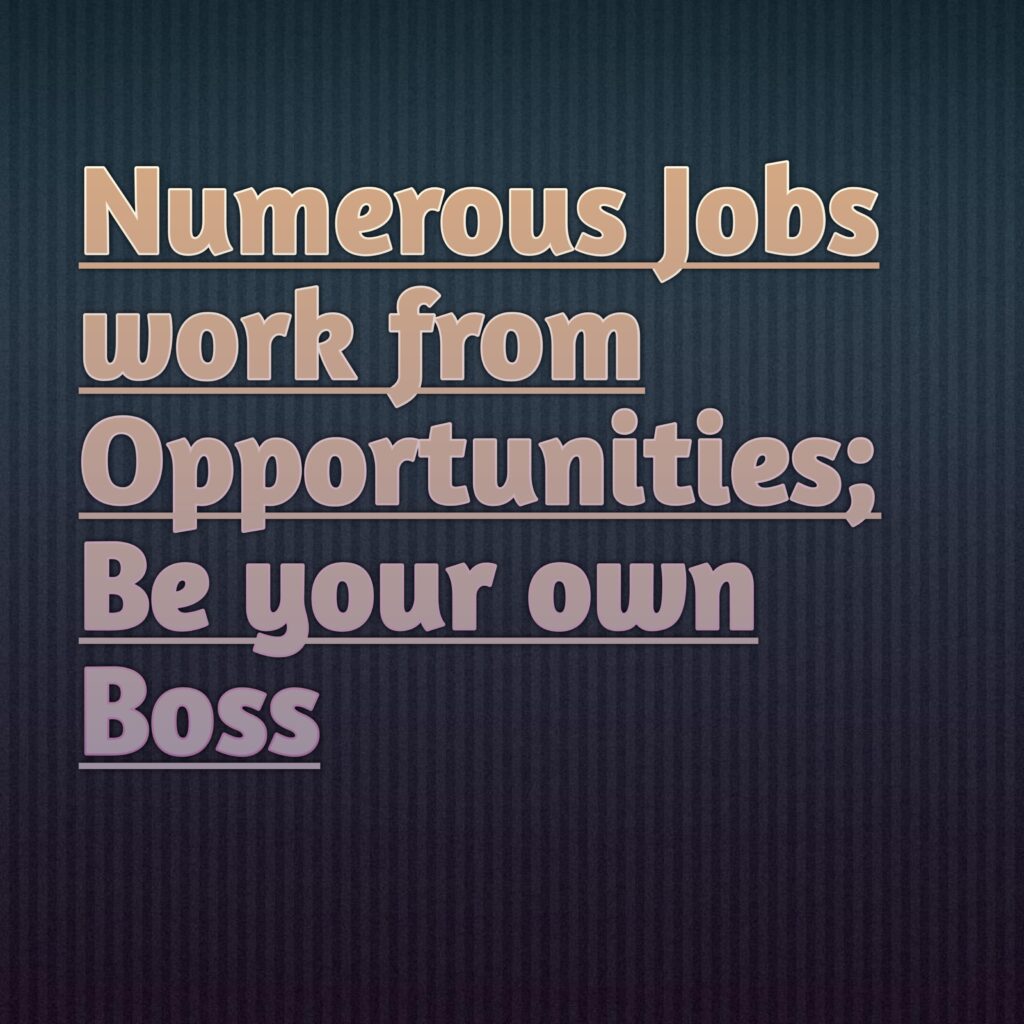
Table of Contents
Introduction to the Power of Soft Skills
In today’s ever-changing and fast-paced work environment, having technical skills alone is not sufficient for achieving success in one’s career. Soft skills, which are often overlooked but incredibly important, can significantly contribute to career advancement. These unique skills, such as effective communication, problem-solving, teamwork, and leadership, are highly valued by employers and can make a significant difference in the overall growth and success of an individual’s career.
This article delves into three effective strategies for developing and harnessing essential soft skills that can genuinely enhance your professional toolkit and help you achieve your career goals. The strategies include identifying your strengths and weaknesses, seeking feedback and guidance, and practicing consistently to improve your skills. With the right mindset and approach, individuals can cultivate and strengthen their soft skills, which can lead to better career prospects and overall job satisfaction.
3 Strategies for Enhancing Your Professional Toolkit
1. Communication Mastery: Building Strong Professional Relationships
In today’s interconnected world, the ability to communicate effectively is essential for achieving success. While technical skills and knowledge are important, soft skills such as active listening, empathy, and clear articulation are equally critical in building strong professional relationships. By actively listening to others’ ideas and perspectives and conveying your own thoughts clearly and persuasively, you can foster collaboration and teamwork. Empathy is also key to understanding others’ perspectives, which can help you build better relationships with your colleagues, clients, and partners. In short, honing your communication skills can make all the difference in creating a positive, productive work environment and achieving your professional goals.
Tips for Enhancing Communication Skills:
- Active Listening: Practice focused listening to comprehend others’ viewpoints genuinely.
- Empathy Development: Understand the emotions of colleagues and stakeholders to build rapport.
- Clear Articulation: Hone your ability to express ideas concisely and persuasively.
2. Adaptability: Navigating Change with Grace
In today’s dynamic work environments, adaptability is a highly valued soft skill. Companies recognize and appreciate individuals who demonstrate the ability to adjust to change in a positive and resilient manner. Being adaptable means having the flexibility to adjust to changes in the market, organizational reorganizations, or technological advancements. It is an essential skill that will help you stay competitive and thrive in the face of uncertainty. The ability to quickly adapt to changing circumstances and find innovative solutions to challenges is an increasingly in-demand attribute in the modern job market. By being adaptable, you demonstrate that you have the ability to learn, grow, and evolve as a professional, which will help you build a successful and fulfilling career.
Strategies for Building Adaptability:
- Continuous Learning: Stay abreast of industry trends and update your skills regularly.
- Embrace Challenges: View challenges as opportunities for growth rather than obstacles.
- Cultivate a Growth Mindset: Approach new situations with a positive and open mindset.
3. Resilience: Bouncing Back from Setbacks
Resilience is an often overlooked yet integral tool in the professional toolbox. It is the ability to not only overcome obstacles but also to use setbacks as opportunities to learn and grow. Resilient individuals are able to bounce back from disappointments and failures and are often viewed by their peers and superiors as reliable and trustworthy. This is because their ability to persevere through challenges instills a sense of confidence and respect in those around them. In essence, resilience is a key characteristic that enables individuals to not only weather adversity but to emerge stronger and more capable than before.
Tips for Building Resilience in Your Career:
- Learn from Setbacks: Analyze failures for lessons and opportunities for improvement.
- Cultivate a Positive Mindset: Focus on solutions and possibilities, even in challenging times.
- Seek Support: Develop a network of mentors and peers to provide guidance and encouragement.
Conclusion
It’s important to recognize the significant value of soft skills in any professional setting. While technical expertise is undoubtedly vital, it’s the soft skills that ultimately complement and elevate one’s career trajectory. Effective communication, adaptability, and resilience are some of the most critical soft skills that can significantly enhance one’s professional toolkit and help one stand out in today’s highly competitive job market.
So, it’s clear that soft skills are not just nice to have but an essential part of any successful career. By mastering effective communication, embracing adaptability, and cultivating resilience, one can navigate the human side of the workplace and achieve their professional goals. For more details, you can read this post by MBO Partners.
Candidates also apply to:
The 2024 MILEAD Fellows Program for Young African Women Leaders
Grant Opportunity: Apply Now for the British Institute BIEA Bringing Research Home Grant 2024/2025!
University of Manitoba Scholarships 2024: Study in Canada Funded!
Germany SBW Berlin Scholarships for International Students In 2024





